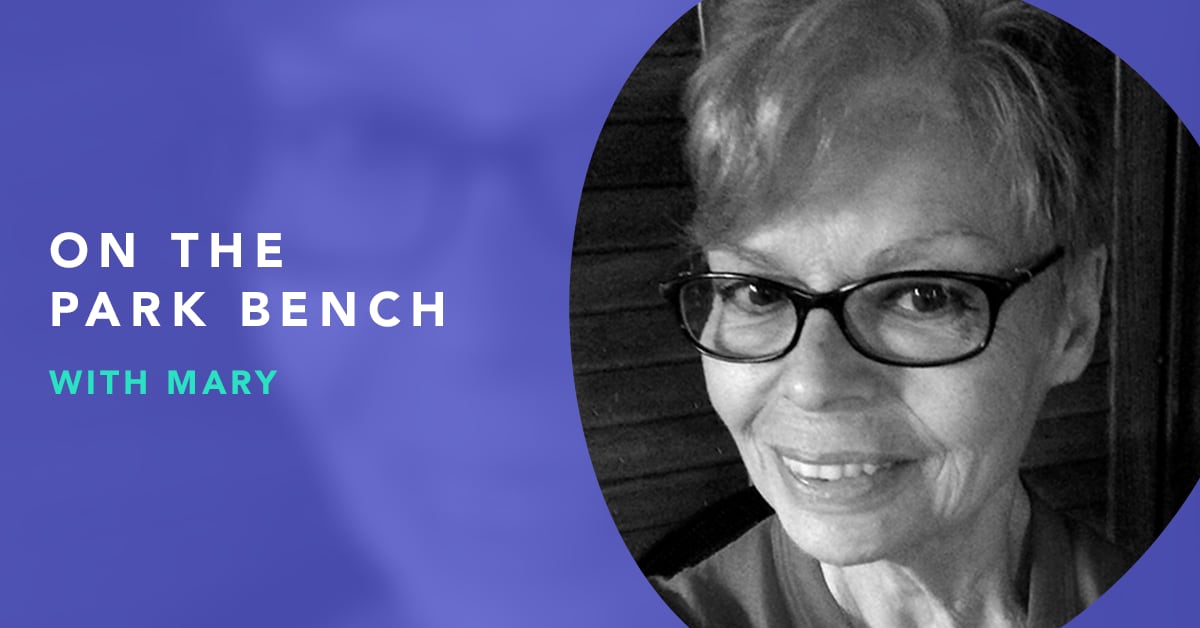In a world driven by technology, there’s still no substitute for meeting face to face. Just ask Oakland, California-area caregiver Mary M.
“Once I interview in person,” she says, “I know I’ll have the job.”
What makes the self-described “Granny Nanny” so confident despite the fact that she often competes for jobs against caregivers less than half her age?
“I’ve never had a child who didn’t warm up to me,” says the 68-year-old former nurse, mother of five and grandma of six. “They think I’m approachable. I always get on my knees and down to their level.”
Plenty of families are responding to her efforts. Mary currently takes care of five children over the course of a 30-hour work week. (“Working part-time gives you some time for yourself,” she says.) She is constantly in motion, whether taking toddlers out on long walks, picking up kids from preschool or just rolling around on the floor with children of every age.
“My friends think it’s great that I’m still doing this and earning money [at my age],” she says. “Caregiving is something that enriches my life.”
But feeding her spirit — and her pocketbook — requires forging meaningful connections with prospective families. Here’s how Mary makes that happen from the second a parent reaches out to her until the moment she lands a job.
Show a new family that you care about them and their needs
“A lot of parents contact me first. When I respond to interested families, I make sure that each letter sounds personal. I’ll change up the wording [to fit their request] and use their names. People appreciate little things like that.”
Bring a point of view to your interview
“Before you go into the interview process, you need to decide what you’re willing to do and how much money you’ll take. Otherwise, it’s hard to get around parents saying, “And you’ll also do this, won’t you?” For instance, I’ve told parents I’ll clean up the kitchen, but I’m not going to wash windows. I usually let them know that it’s better if I spend time with their child instead of doing heavy-duty housekeeping. Most parents understand — the best families I have only want me to take care of the kids. Know what you’re worth and don’t bend. I think people respect others who stand up for themselves.”
Stay focused on the children
“While being responsive to parents is important, it is ultimately more important to connect with the child. I’m prepared to answer parents’ questions, but I make sure that I am sensitive to the child’s questions as well, no matter how silly. Parents notice the interaction between their child and the prospective caregiver during an interview. That usually makes their decision.”
And keep them laughing
“I’ll bring something for the kids like a little cardboard bunny. I also have a rubber duckie on my keychain [they like] that goes ‘quack, quack.’ Kids usually think I’m funny, too: I make funny faces or use different voices. I try to make them laugh. I did this on a recent interview with a two-month-old girl and her 20-month-old brother. After 15 minutes, I knew it was going well — the parents offered me the job.”
Read next: On the Park Bench with Paige
On the Park Bench is a series that spotlights caregivers and their stories. Have an interesting story to share? Email our community manager.





